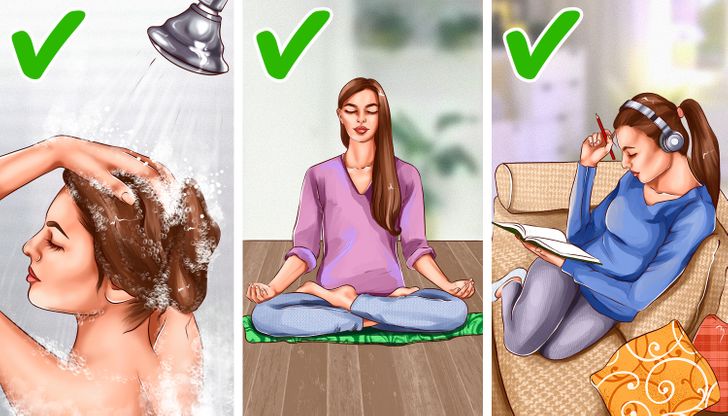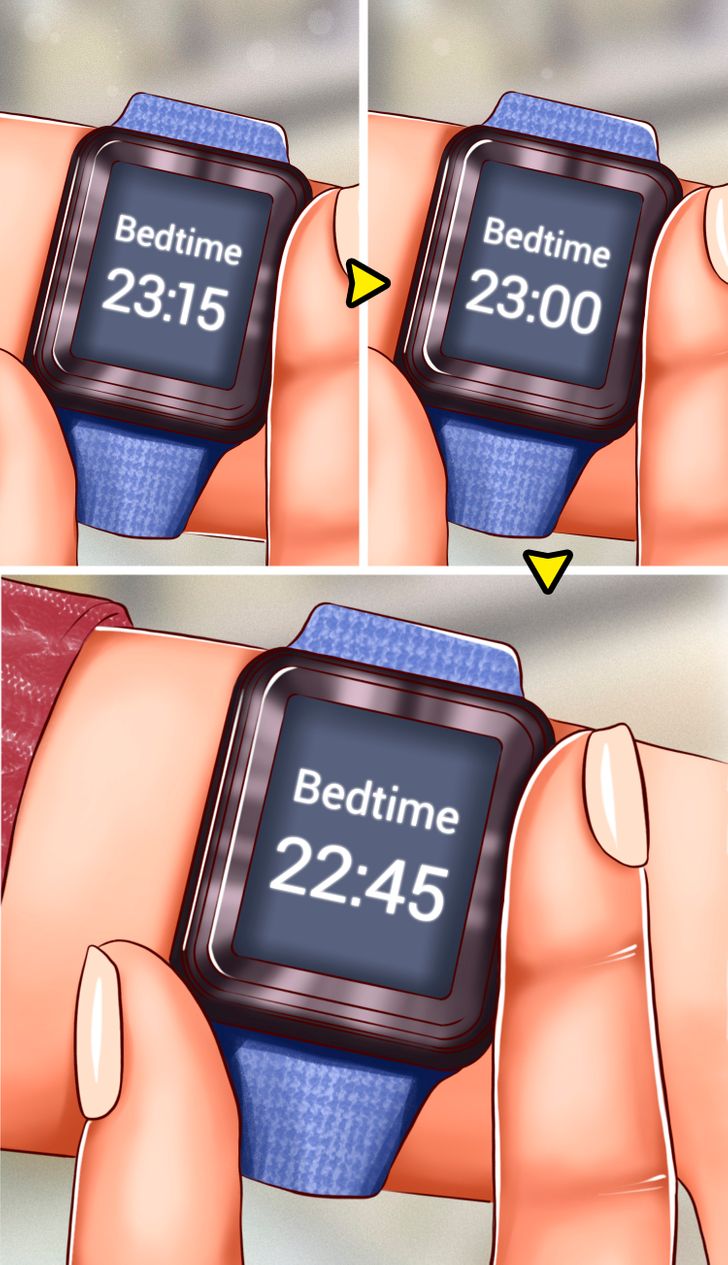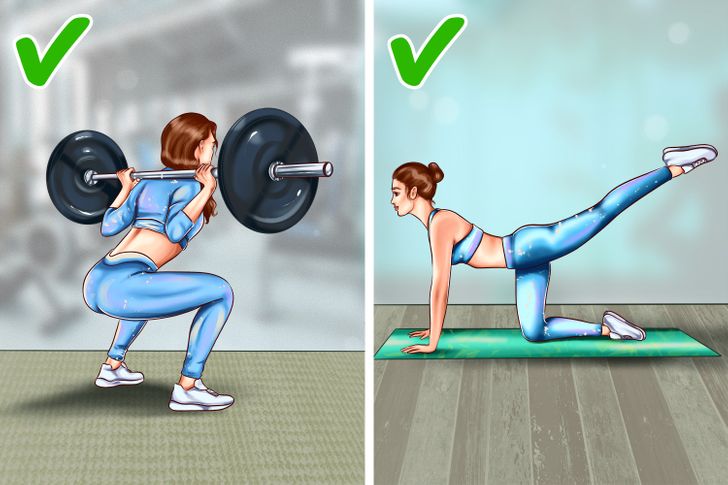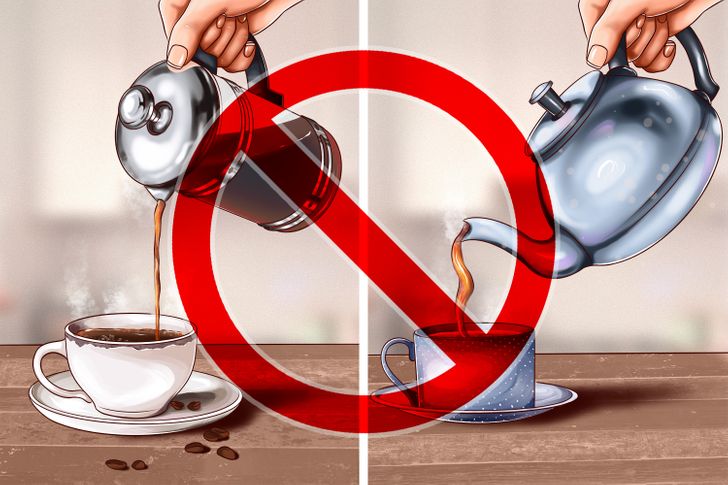How to Sleep Early

Going to bed early is usually easier said than done. But 5-Minute Crafts has got some useful tips for you on how to catch more sleep before midnight and wake up more energized.
1. Create a consistent bedtime routine.

Not only will a relaxing bedtime routine help you get more sleep, but it will also lead to improving your sleep quality in general.
Here are some tips that may help you in creating a routine that works for you:
- Taking a warm shower or bath just before going to bed helps your body relax and lowers your body temperature.
- Meditating has also proven to be quite helpful, especially for those who suffer from anxiety or deal with thoughts that keep you awake till late.
- Listen to gentle music. Make your playlist as calm and sleep-inducing as possible.
- Do some reading. Diving into a book also helps you wind down. Make sure that you don’t read a book on a device that emits blue light, like smartphones or tablets, as this is counter-effective. A paper book is always the best choice.
- Write in a journal. Trying to offload your bad thoughts by writing them down actually helps you fall asleep more quickly.
2. Maintain a sleep schedule.

Creating a consistent sleep schedule could become rather easy if you follow these steps:
- Try to go to bed more or less at the same time each evening. Waking up at the same time every day is also recommended. To start doing so, set the alarm to remind you about your sleep time and another one to wake you up.
- Do your best to adjust gradually to the change if it does not feel easy. For example, try to go to bed 15 minutes earlier than the night before.
- Avoid late naps as they may interfere with your sleep at nighttime.
- Get up and return when you are sleepy if you don’t fall asleep 20 minutes after going to bed.
3. Exercise.

- Work out regularly. Physical activity has proven to have a positive impact not only on our overall health but on our quality of sleep as well.
- Avoid high-intensity workouts before bedtime. This, of course, does not refer to yoga, breathing, and stretching activities that have been shown to be helpful in relieving stress.
4. Create comfortable bedroom conditions.

Bedroom conditions that are considered sleep-inducing are the following:
- Room temperature: If your room feels a bit cool, then you’re more likely to drift off faster. Turn down the thermostat, air out the room, and leave a window slightly open if the climate allows. The recommended bedroom temperature is around 65°F (18.3°C), so keep your thermostat between 60-67°F (15.6°C to 19.4°C).
- Darkness: Avoid any light in the room at bedtime, especially the blue light coming from smartphones, tablets, a TV, or other electronic devices. Heavy curtains or eye masks can also help in eliminating the light coming from outside.
- Quiet: Make your room noise-free. The only noise that is beneficial for good sleep is soothing music, as was mentioned in point 1.
- The right mattress and pillow: Make sure you follow good bedroom hygiene. The sheets should be kept fresh, and the mattress and pillows should be carefully selected to comply with your needs.
- A bed should be for sleeping: Remember not to bring your work to bed as it might alter your mental associations with the bedroom as such. The bedroom is meant to be a place to rest.
5. Avoid stimulant drinks.

- Avoid stimulant drinks 4-6 hours before going to bed. Coffee, caffeinated tea, and energy drinks in the evenings are not a good idea because they give you the energy boost you don’t need at bedtime.
6. Try other sleep aids.

- Herbal Tea: Valerian root, chamomile, lemon balm, or passionflower tea are proven to impact sleep positively. Just be careful: ingesting too many liquids before bedtime is not recommended because nocturnal bathroom visits bring negative effects to your sleep pattern.
- Aromatherapy: Experts claim that lighting lavender-scented candles in your bedroom helps with insomnia.
Share This Article